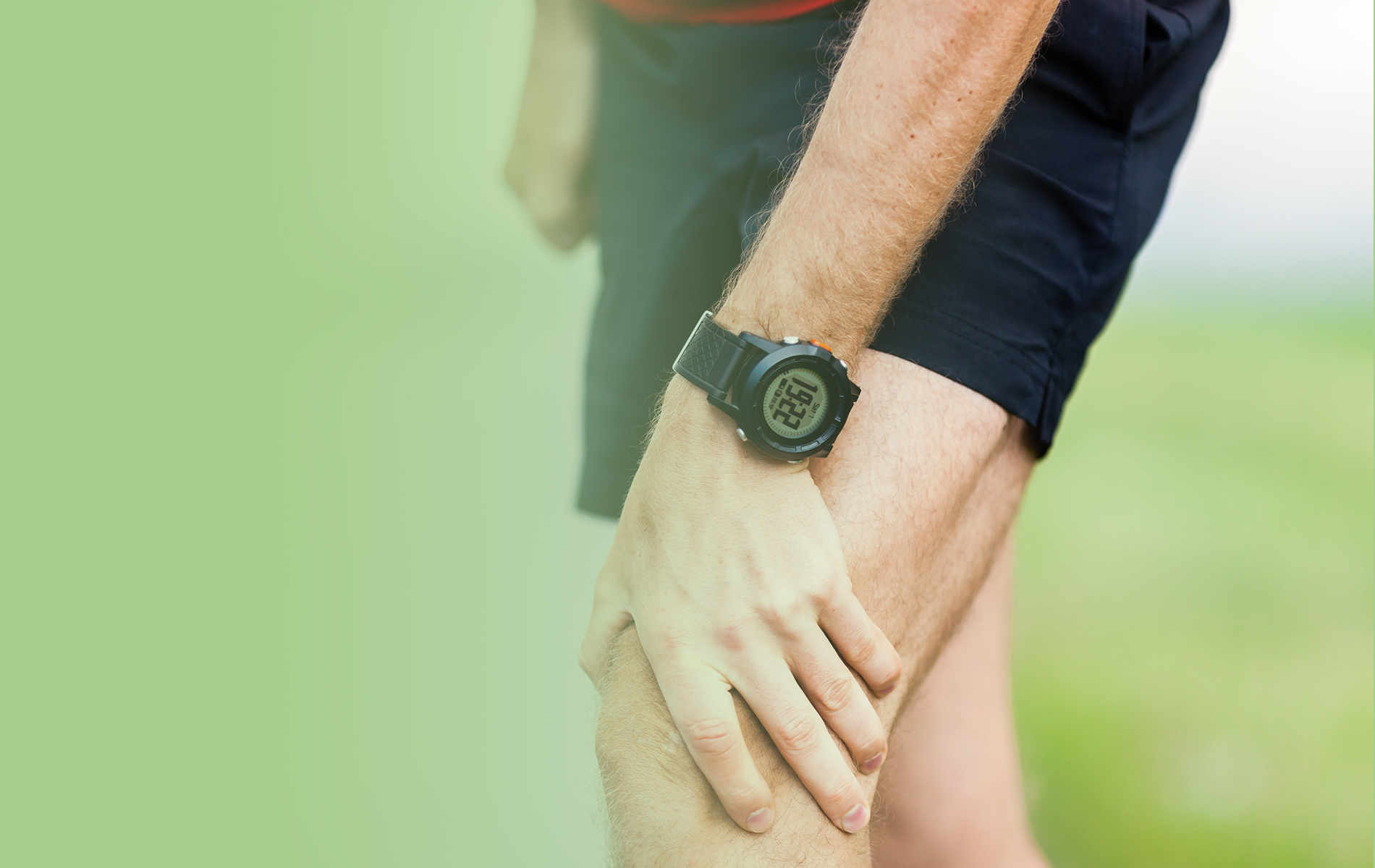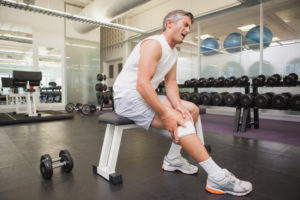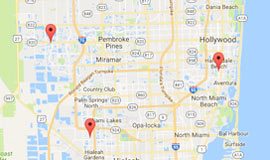Whether you are a major league catcher or a green-thumbed gardener, you will likely be feeling the effects of an active summer season in your knees.

Over time, excessive bending and stretching can wear down the cartilage in your knees, leaving them susceptible to inflammation and arthritic pain.
Certain hobbies and habits are more likely to cause or contribute to the development of knee pain, stiffness, or swelling.
If you had an active summer, make sure to take care of your body.
The best way to prevent damage to your knee cartilage, or meniscus, is to listen to your body and maintain a proper balance of healthy movement, stretching, diet and relaxation.
Habits that promote knee cartilage damage
Compromised knee cartilage can happen to any person of any age. However, certain activities and hobbies coincide with patients that experience chronic knee pain or trauma. These activities include:

- Sustained pressure on knee joint and muscles (gardening, baseball, football, running)
- Improper form while lifting
- Excessive exercise
- Wearing ill-fitting or unsupportive shoes
- Poor diet (inflammatory foods)
- Smoking
- Lack of mobility
What to watch for
The warning signs of knee cartilage damage often get overlooked by patients. Writing off these symptoms as common soreness or stiffness is a mistake that many patients make too often. If you are experiencing any of these symptoms of the damaged or torn meniscus:
- Persistent or severe knee pain
- Swelling around the knee
- Crackling or popping of the knee joint when moved
- Stiffness or a limited range of motion of the ligaments of the knee
Treatment options for knee pain
Don’t allow any of these symptoms to go untreated. No matter your age or condition, stiffness, swelling and pain are irregular and should be taken very seriously. Pain should never be considered something that’s just “part of life.” Much like stress, pain, swelling and stiffness is your body’s way of telling you that something needs to change.
For athletes, knee pain, cracking or swelling can be a sign of overexertion, poor form while exercising or an injury. In order to prevent further harm, these symptoms should be treated with one of the following options:
- Rest, ice and pain relief medication – reduces swelling and allows the body’s natural healing process to relieve knee pain and stiffness
- Massage therapy – massaging the muscles around the knee to alleviate pain and stiffness
- Physical therapy – various exercises that promote healthy knee mobility and strength
- Debridement – the surgical removal of infected, damaged or dead tissue
- Chondrectomy – the excision, removal, of cartilage in the knee
- Grafting – transplanting living skin to promote the recovery of new cartilage in the knee
Your sports medicine specialists will work with you and your recovery goals to ensure a safe and convenient recovery to get you back in play quickly and effectively.
If you experiencing symptoms of compromised knee cartilage contact us to see if you are a good candidate for knee cartilage reconstruction.











